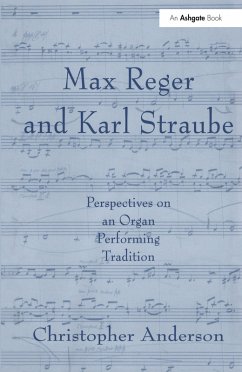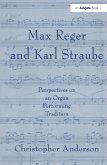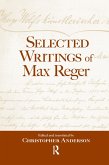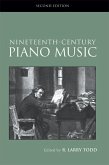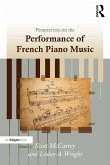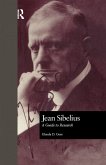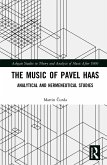Max Reger (1873-1916) is perhaps best-known for his organ music. This quickly assumed a prominent place in the repertory of German organists due in large measure to the efforts of Reger's contemporary Karl Straube (1873-1950). The personal and collegial relationship between the composer and performer began in 1898 and developed until Reger's death. By that time, Straube had established himself as an important artist and teacher in Leipzig and the central authority for the interpretation of Reger's organ music. The Reger-Straube relationship functioned on a number of levels with decisive consequences both for the composition of the music and its interpretation over a period fraught with upheaval on sociopolitical, religious and aesthetic fronts. This book evaluates the significance of the relationship between the composer and organist using primary source materials such as autograph performing manuscripts, reviews, programmes, letters and archival sources from contemporary organ building. The result is a much enhanced understanding of Reger in terms of performance practice and reception history, and a re-examination of Straube and, more broadly, of Leipzig as a musical centre during this period.
Dieser Download kann aus rechtlichen Gründen nur mit Rechnungsadresse in A, B, BG, CY, CZ, D, DK, EW, E, FIN, F, GR, HR, H, IRL, I, LT, L, LR, M, NL, PL, P, R, S, SLO, SK ausgeliefert werden.

